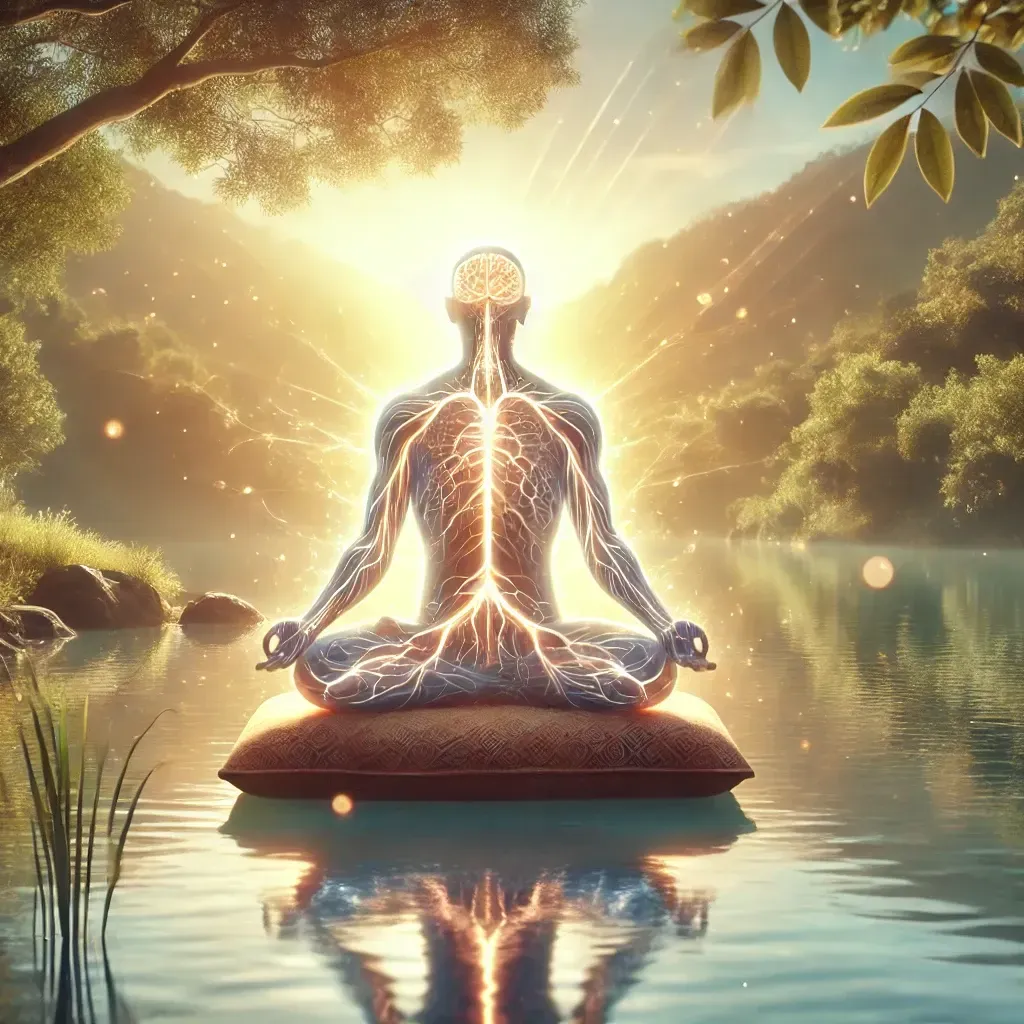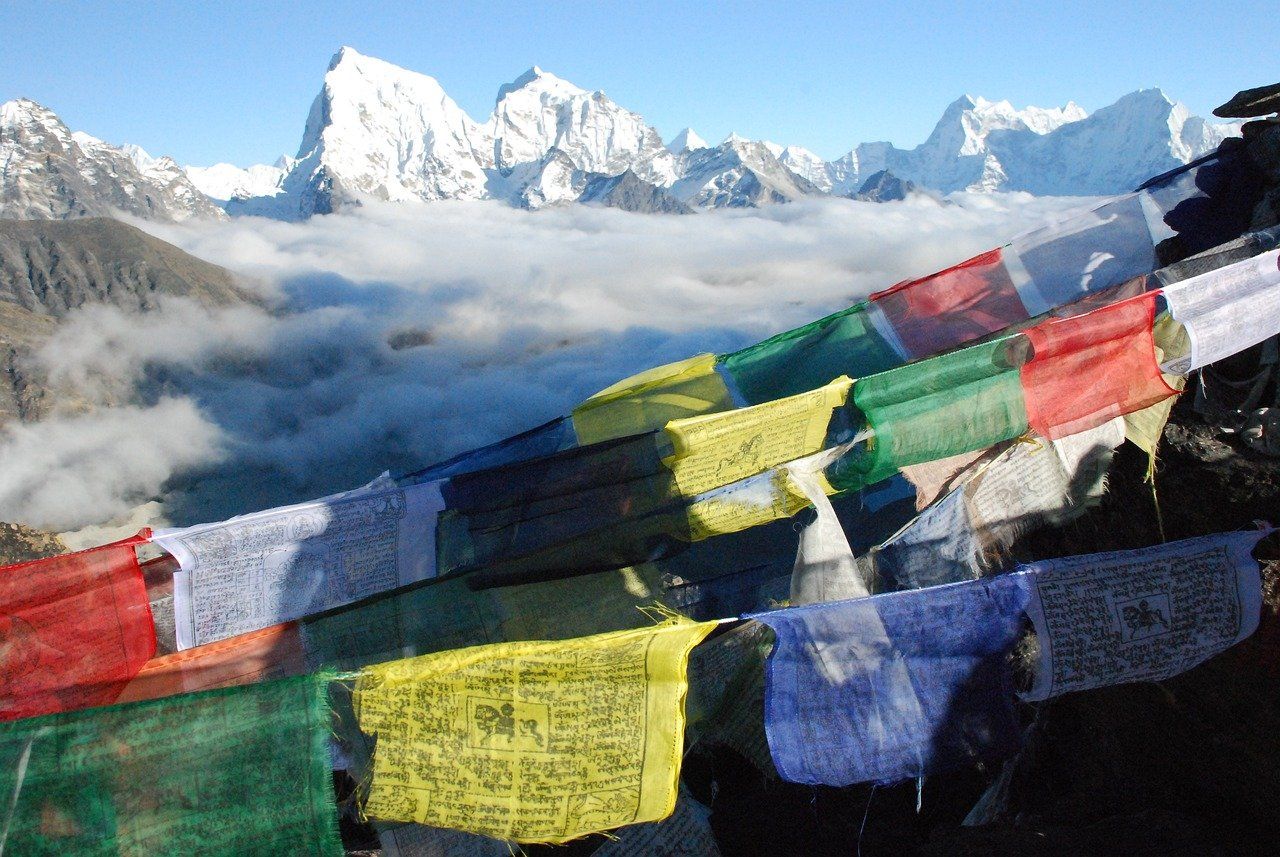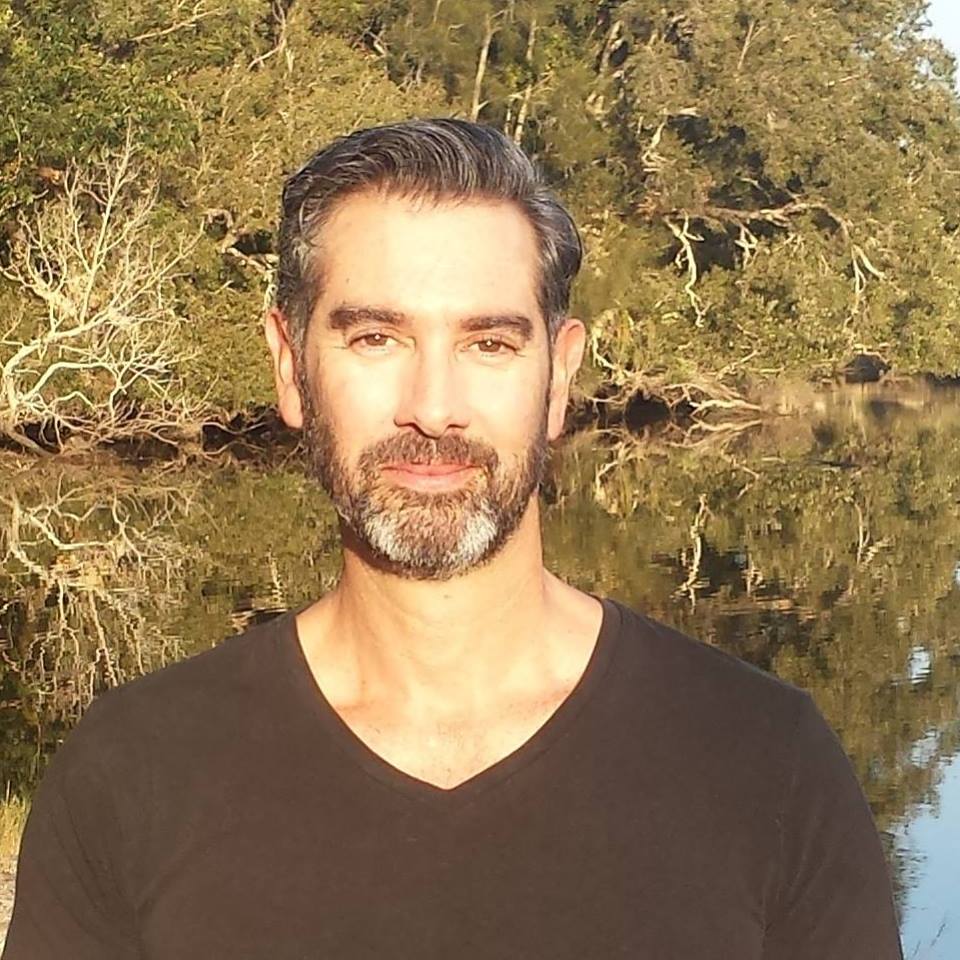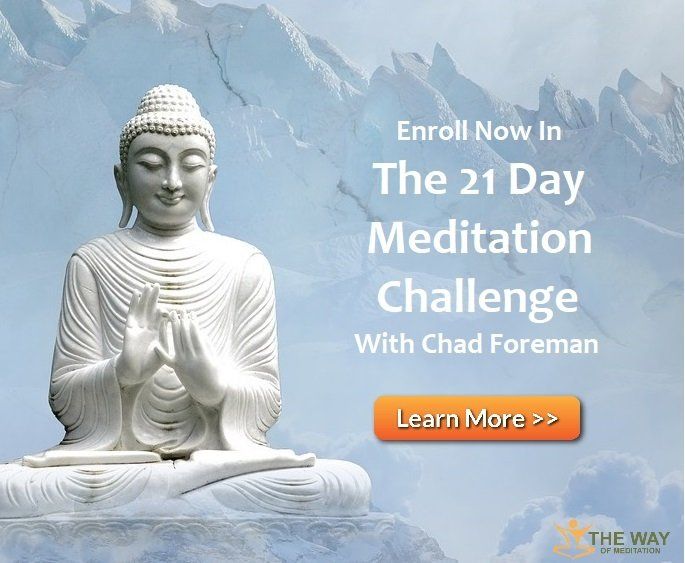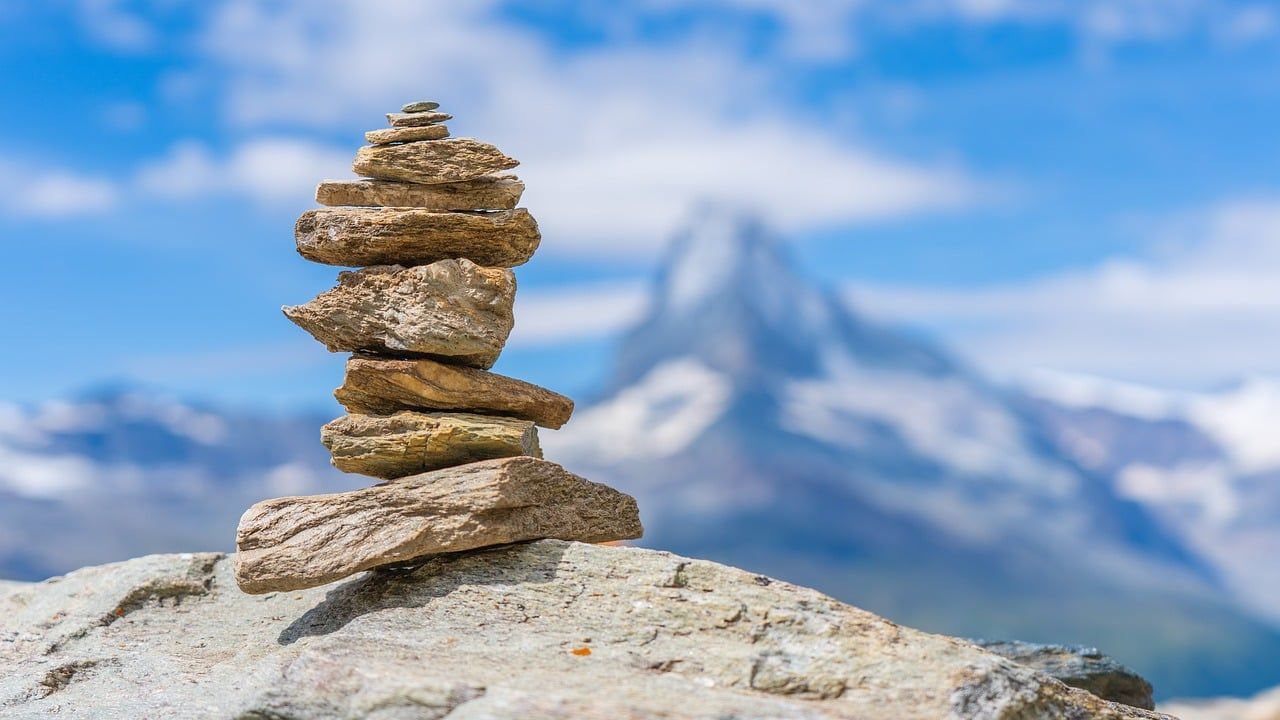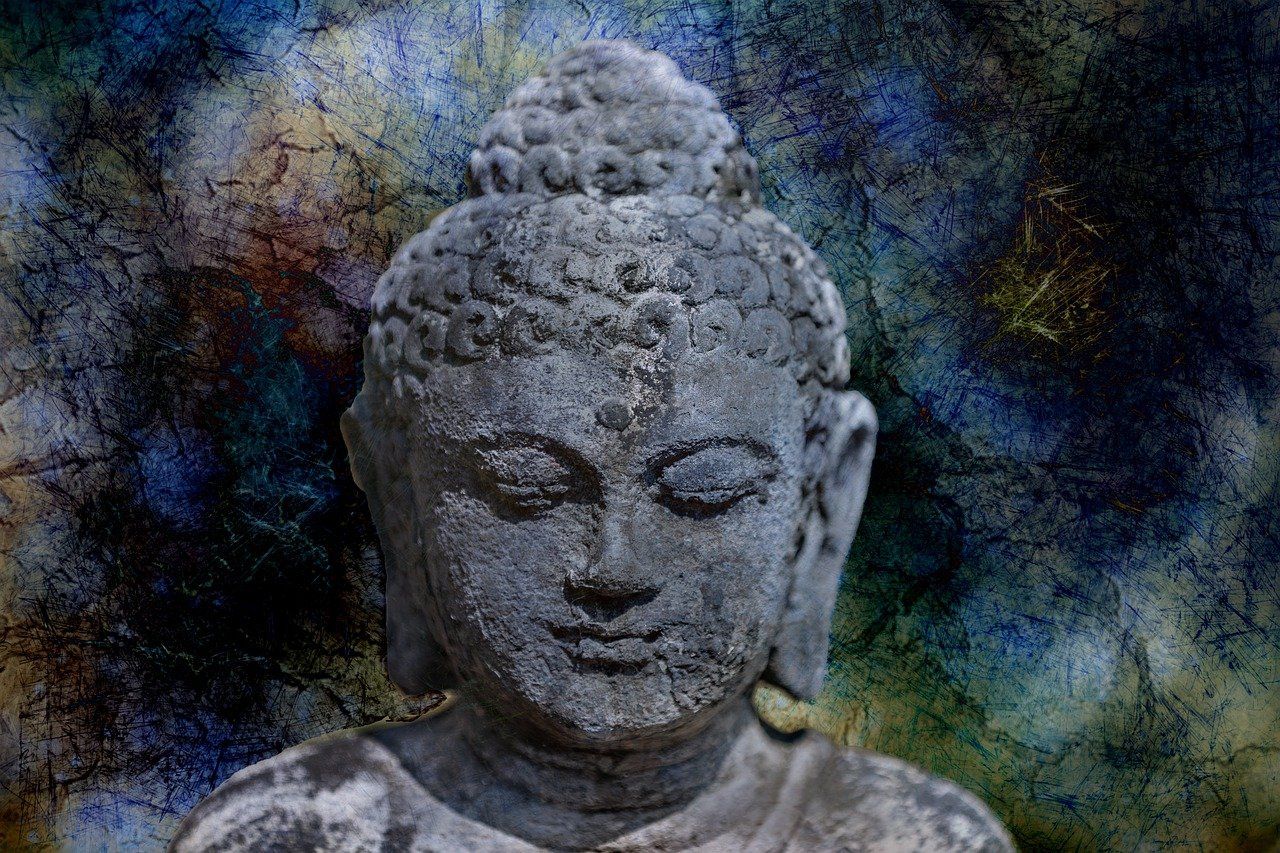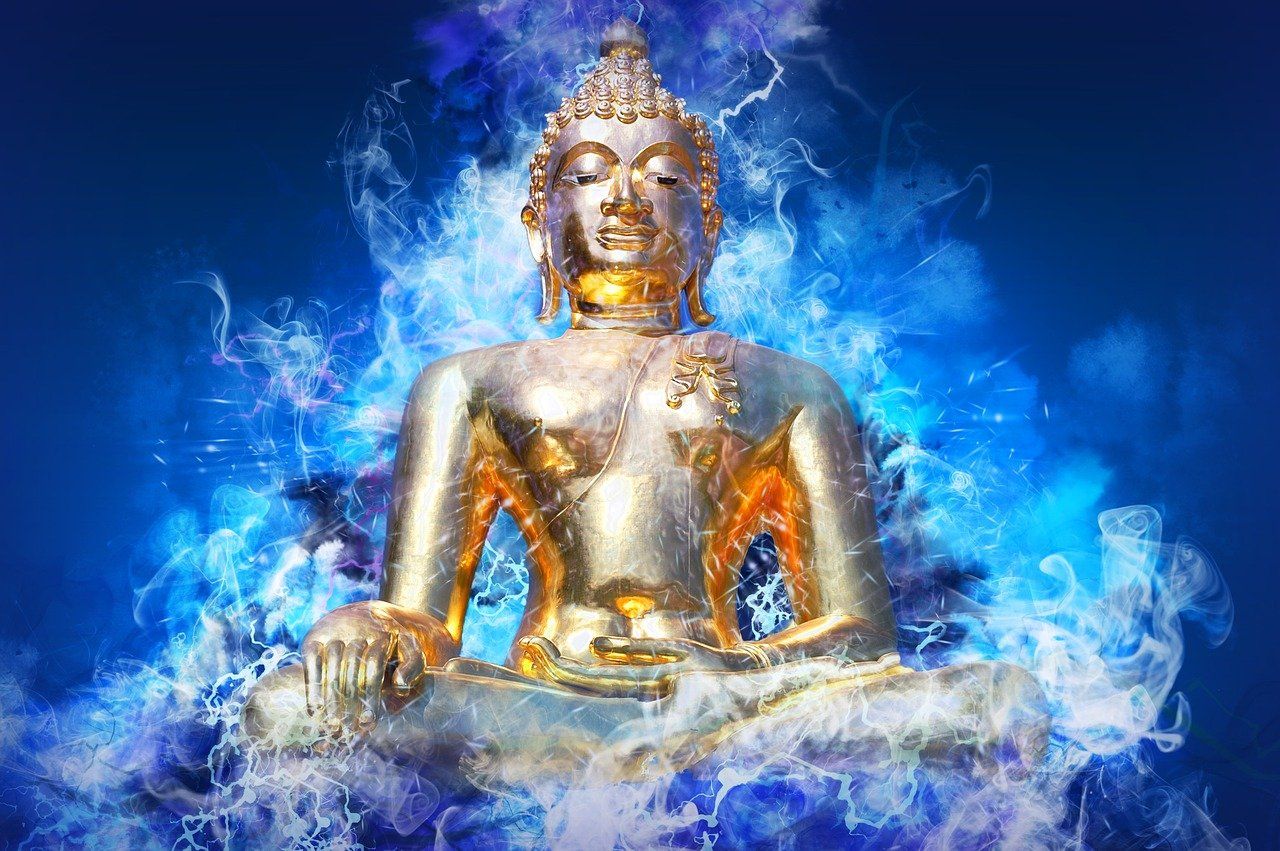How To Meditate Instructions
This technique is a powerful and ancient method for instant stress reduction, clarity and inner peace. Meditation practised daily can bring enormous scientifically proven health benefits.
*This is free and you can do it right now. How to meditate is very simple. Read the instructions below, sit still and right now do some meditation.
2) Set a timer to countdown so you are not distracted by the time. Five minutes as a minimum then try ten minutes working up to 30 minutes. Also it is helpful to meditate at the same time every day making it part of your daily routine.
3) Sit in an upright and erect way so as to have perfect posture. Put your hands in the same position every time you meditate either in your lap with the thumb tips lightly touching each other (this is a meditation mudra) or gently on your knees. Your perfect posture should be a balance of good structure and relaxation. Take a few deep breaths to consciously relax shoulders and other tense areas. Become taller on the in breath and relax around good alignment on the out-breath. Gently close your eyes. Then create the determination to sit still for the period of the meditation. Very still.
4) Fix your attention on your breath without changing your breath; just notice it. This is the anchor for the meditation. Be aware of every breath you take during the meditation period. Every-time you notice yourself distracted by thinking gently guide your bare attention back to the breath and return to calmly watching the breath. Become the detached witness. When you get distracted return to the breath again and again without judgement. *This is the practice of mindfulness.
5) Now your attention is anchored on the breath, allow the mind to release and relax into just being. For the duration of the meditation the only thing you are doing is watching the breath whilst simultaneously resting the mind in an open sky like dimension of complete acceptance and surrender. Give yourself time to settle. When a muddy glass is left alone the dirt settles and the water becomes naturally clear. Just like that let your mind settle and clarity will naturally return. It’s important to let things be just as they are, especially the breath and notice the openness of just being without effort. *This is the practice of effortless being.
6) As you watch your breath and rest in an open and relaxed way of being, thoughts will come rushing in, sights, sounds and sensations will occur, memories, plans will flood in. All these things are the display of what’s happening in the moment and should be left alone, untouched by any effort to change them, control them, push them away or cling to them; allow everything to move freely within the vast expanse of your relaxed open awareness as you become the transcendent witness. *Noticing that your deepest identity is an open boundless witness is the training in special insight – discovering and familiarising with your enlightened nature.
Let all these things just be as they are, come back to the breath repeatedly as your anchor in the present moment whilst simultaneously relaxing and letting go of effort resting in your open awareness, not doing anything instead, just being.
For the duration of the meditation be as simple and open as possible:
1) Simply sitting.
2) Simply breathing.
3) Simply being.
…Get up slowly at the end of the meditation and take the taste of naturally peaceful awareness with you throughout your day.
Instructions By Chad Foreman
Chad Foreman is the founder of The Way of Meditation, has been teaching meditation since 2003, determined to bring authentic meditation practices into the lives of millions of people in the modern world. Chad is a former Buddhist monk who spent 6 years living in a retreat hut studying and practicing meditation full time and has now has over twenty years’ experience teaching meditation. Chad holds regular Meditation Retreats on the Sunshine Coast Australia, has Online Meditation Coaching, delivers three online programs - The 21 Day Meditation Challenge to help guide people gradually from the basics of mindfulness and relaxation to profound states of awareness. Breath-work to help manage stress and go deeper into meditation and The Bliss of Inner Fire which is a Buddhist tantric method for purifying energy blocks and contacting the clear light of bliss. You can also now get Chad's free e-book Insights Along the Way.
Guided Meditation With Chad Foreman
Get A FREE
Guided Meditation Series
with Chad Foreman
